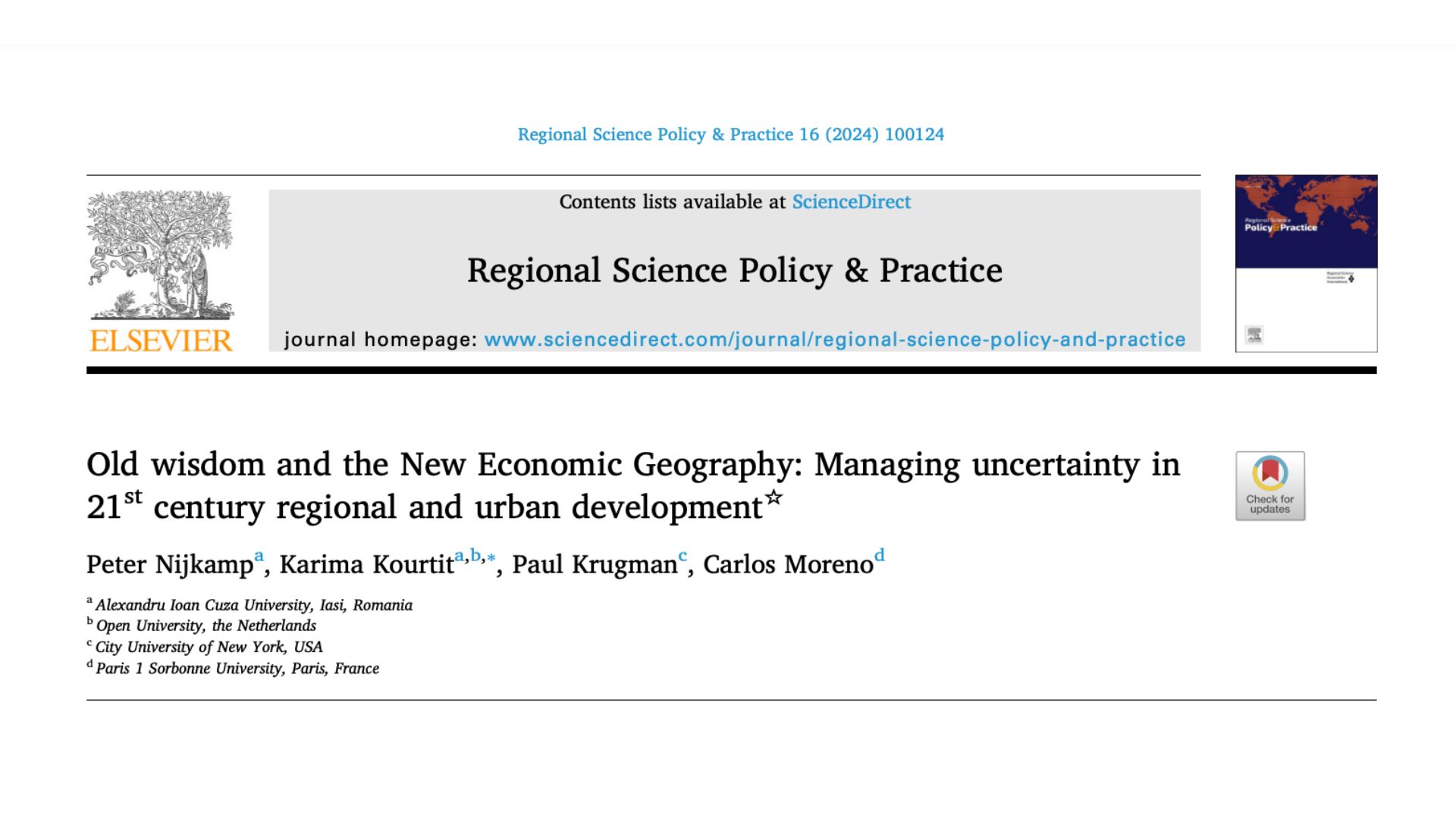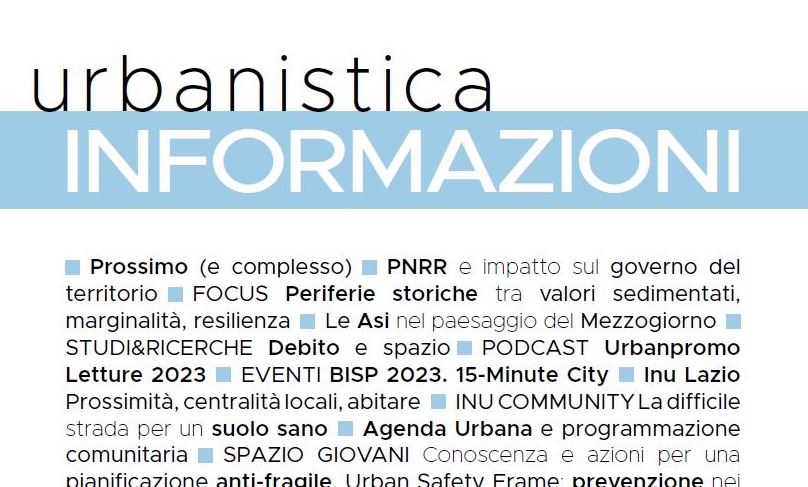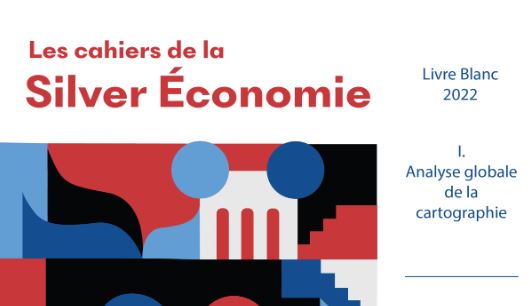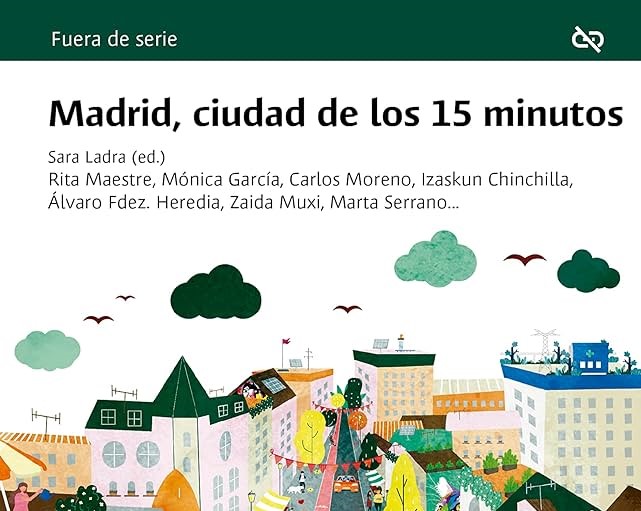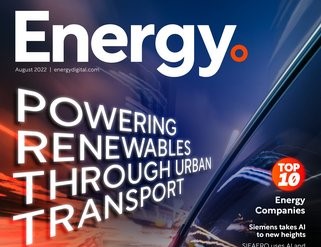With the advent of technologies within the urban setup, the concept of smart cities is booming, leading to new possibilities for dwelling into efficiency and performance of cities. However, this is fueling the narrative of fast-paced lifestyles, being a factor of increased urban discontent. While the concept of smart cities is set to gain in popularity, the COVID-19 pandemic has brought urban life to a standstill and called for a re-evaluation of urban models and infrastructural priorities, including the principles and key indicators of smart city models. An emerging model from the global urban discourse on post-pandemic cities is that of the “15-minute city,” piloted by the City of Paris, boasting the merits of denser urban setups; hence, increasing proximity between urban components and providing increased attention to pedestrians over than vehicles. This chapter introduces the concept and explores its sustainability dimensions, aligning with the tenets of the Sustainability Development Goal 11 of the United Nations and the New Urban Agenda of UN HABITAT.
